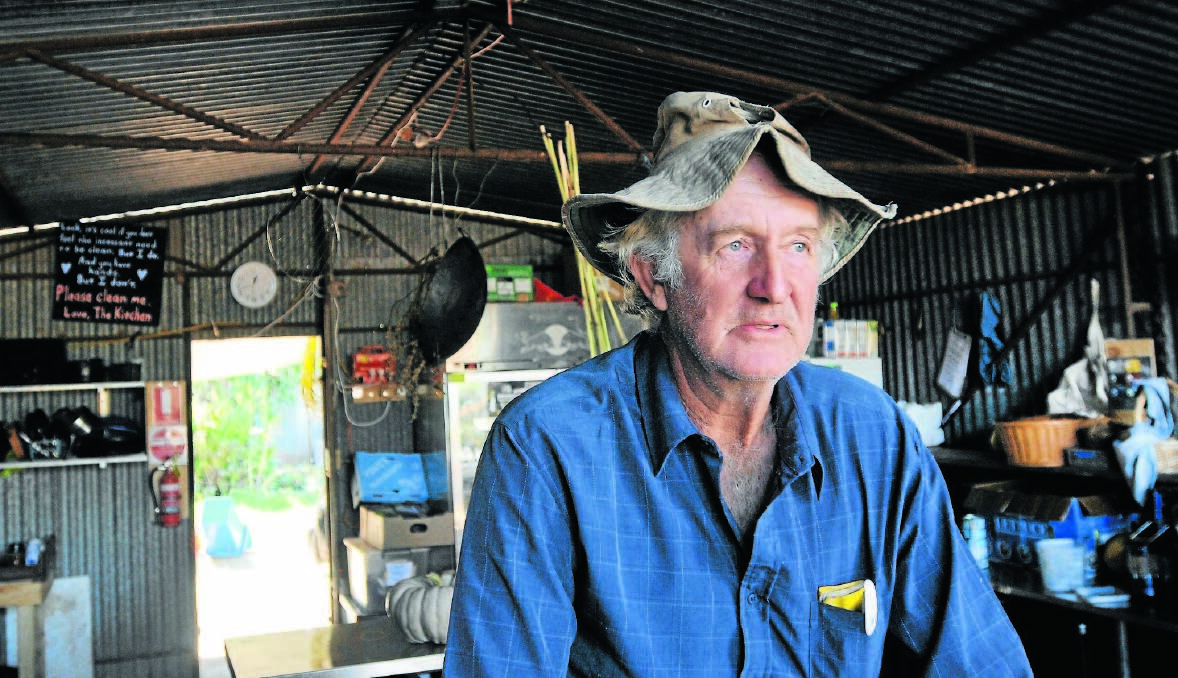
A MAULES Creek farmer is heading home after what he calls “a great saga” when he took his cattle on the road without a permit.
Subscribe now for unlimited access.
$0/
(min cost $0)
or signup to continue reading
Cliff Wallace said he headed out on a travelling stock route (TSR) with about 250 head, without a permit, because he’d run out of feed and feared his dam water was toxic.
He admitted he didn’t have the right to do it, but said it was his “duty of care” and “once you get there, then they gotta get rid of you”.
Now the situation seems to have been resolved, Local Land Services has urged people to follow the permits process, saying they don’t take long and provide peace of mind.
Read also:
Mr Wallace said he applied to North West Local Land Services for a TSR permit, was told he’d be limited to 50 cattle, then took the whole mob on the road anyway.
After being asked to take them home, he sold half of them, hoping he could keep his domestic bore water up to them.
“The first night we ran out of water,” he said.
“So we hit the road ... just before daylight.”
Mr Wallace, who spoke to The Leader from Maules Creek Road where “feed is a mile high everywhere”, said he’d been visited by LLS rangers.
They’d initially asked him to leave with “no reason”, then gave him a grace period while they took his water sample for testing.
That has come back clear and his property’s feed and dams have also benefited from the weekend rain.
The LLS has issued him with a three-day walking permit, so it’s home time.
‘Please talk to the rangers’
An LLS spokesman said privacy concerns meant he could not comment on individual matters, but there were several reasons it was best to apply for a permit, which could be turned around in as little as an hour.
“If you're on a TSR without authorisation, you’re not covered by your insurance,” he said.
“They go through public roads, we do get a lot of collisions and that opens up a whole swathe of legal actions against [you].”
Following the process also “optimises the management of the TSRs”.
“If someone tells us they’ve got 100 head of stock, we can find an appropriate reserve with enough feed for a reasonable time period,” he said.
“Across the TSR network, we’ve got dams and bores that have gone dry, so we don’t have the water reserves we previously had …
“It’s always better to talk to the rangers: they know where the reserves and the feed are.”
The spokesman said the LLS could also give general help and information for livestock owners to get their animals through drought in the best shape possible.


